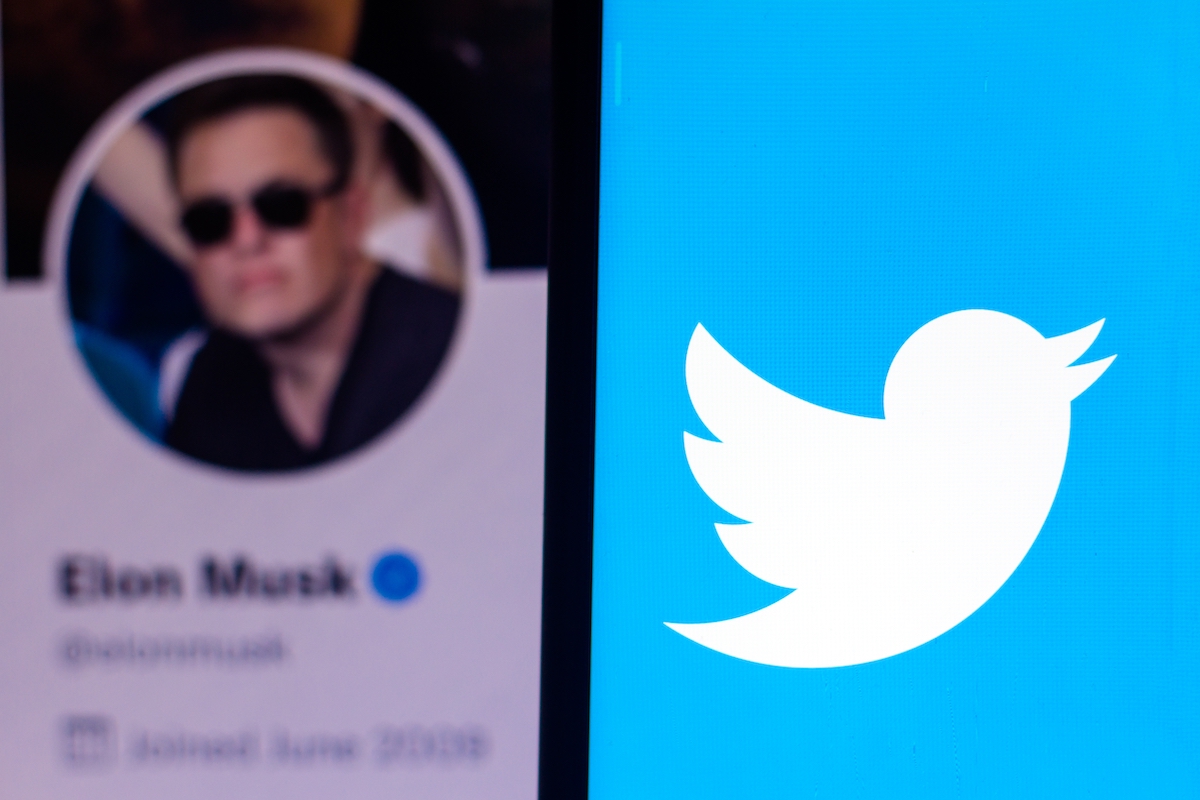Twitter has a bot problem. At least, it does according to Elon Musk, the billionaire entrepreneur in the midst of a $44bn ($35bn) takeover of the social media platform. Musk has said that if his bid is successful he will “authenticate all real humans”. A London-based startup, called Better Social Media, is building a social network that does just that – and it says it will even provide a much-demanded ‘edit’ button.
Better Social Media, which is yet to launch but is currently accepting “VIP” sign-ups, says verifying every account will reduce the amount of cyberbullying, trolling, fake profiles, squatting, misinformation and fraud.
The company is billing itself as “not another Twitter clone”. Yet it will face many of the same problems as the US social media giant.
For example, letting a high-profile user edit a post that has already received tens of thousands of shares could promote the spread of disinformation or other harmful content.
Better told UKTN that users on its platform will be able to edit posts for a set amount of time, with an original copy archived.
During beta testing, it will explore different time limits and the number of edits per post. In reports, all archived versions will be available.
Better aims to generate revenue through advertising, but will offer an ad-free version for paying users. Further plans for the site include a fee bearing access programme similar to Twitter, but paid user data will be exempt from this.
Yet the biggest challenge for Better will be authenticating its users. Proponents of this idea have argued it will reduce the number of harmful posts because people will not be able to hide behind an anonymous account.
And authenticate all real humans
— Elon Musk (@elonmusk) April 21, 2022
“We firmly believe that the primary driver of fake news, cyberbullying and trolling is the fact that anyone can, in seconds, set up as many fake profiles as they want and start posting content and contacting other users,” says David Brown, founding director, Better.
“This approach has proven over time to enable abusers, fraudsters and bad actors to harass people, and spread disinformation easily and largely without consequence. We wanted to build something Better, so we did.”
The likes of Twitter have so far refrained from taking this approach because it is fraught with risk on multiple levels. The first is data collection: to verify a real person requires scanning some form of identification. For a platform the size of Twitter, with more than 200 million users, that’s a lot of sensitive personally identifiable information to be responsible for, and would be a goldmine for hackers and malicious actors.
Better told UKTN that during beta testing it will verify all users manually by speaking to them personally. This is not a scalable approach, and so when the site goes public Better says it will work with a third-party identity verification company specialising in know your customer (KYC) and age verification.
According to Better, outsourcing this process means it will hold no personally identifiable data apart from encrypted mobile numbers and email addresses, and will receive an ID number when someone has been checked.
Better Social Media will face familiar problems
Despite the clear problems with bots and fake profiles, there are legitimate reasons why someone might want to remain anonymous online. Whistleblowers, campaigners and those living under authoritarian regimes are just a few examples in which revealing their identity could lead to real-world harm.
Better has a partial solution to this problem: allowing anonymous accounts but only permitting them to follow others – not post.
However, Better said it will give the option to users to have a pseudonym, with real names stored offline in an encrypted database and only used when required by law.
That last part could prove problematic if an authoritarian government uses that country’s laws to pressure Better into revealing a pseudonymous user’s identity.
Better has also said it will not use the platform to promote founder or employee opinions. It also said it will not sell user data to third parties.
Better Social Media this month closed its alpha testing with plans to move to private and public beta testing this summer.
“We have been paying close attention to user requests across other platforms for quite some time and we will be using that information to deliver a much-improved user experience as we develop the platform,” said Ben Morris, co-founder and CTO, Better.
The post No bots and an edit button: Better Social Media wants to trump Elon Musk’s Twitter appeared first on UKTN | UK Tech News.


